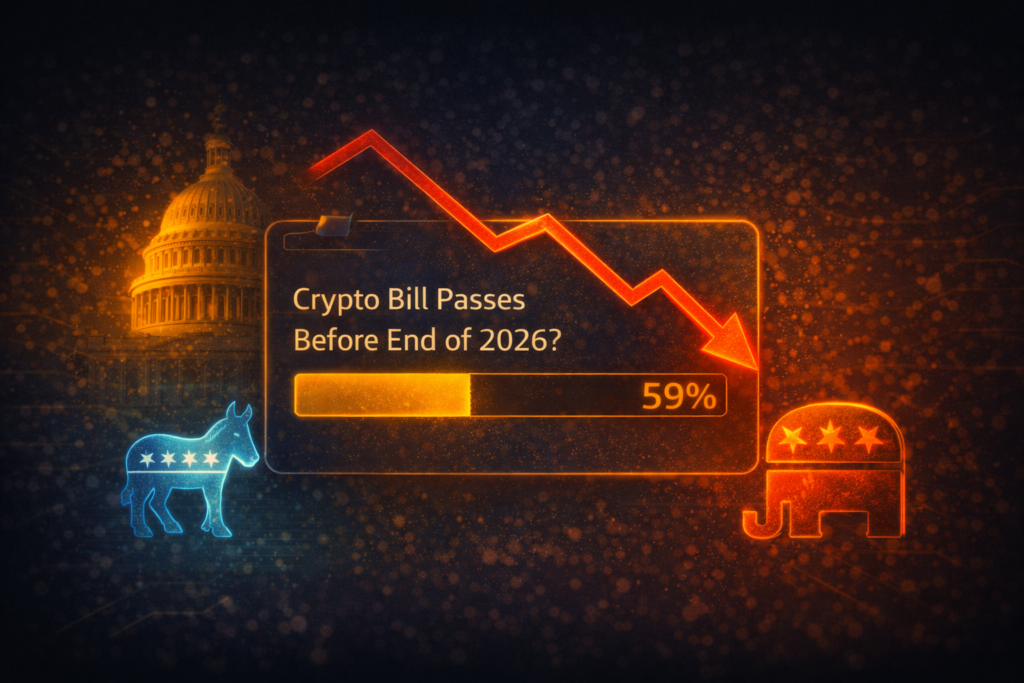Recent insights suggest that US Vice President Kamala Harris might continue the current administration’s hardheaded approach toward crypto.
Her choice of advisors, as identified in a recent Bloomberg BusinessWeek article, include Brian Deese and Bharat Ramamurti – both of whom have played pivotal roles in the Biden administration’s not-so-friendly crypto policies.
These insights were shared by Alex Thorn, Head of Research at Galaxy Digital, in a series of posts on X:
Key Figures and Their Influence
Brian Deese and Bharat Ramamurti have been instrumental in shaping President Biden’s economic strategies, particularly those that impact the crypto industry.
Deese, a key advisor at the White House, notably authored a blog titled “The Administration’s Roadmap to Mitigating Cryptocurrency’s Risks,” published in January 2023. While the blog claimed to support innovation, it largely focused on viewing crypto from the perspective of a need for fraud prevention and risk mitigation.
Thorn insightfully noted that on the same day Deese’s blog was published, the Federal Reserve rejected Custodia Bank’s applications for membership and a master account, and extended bank restrictions on crypto activities to all members.
This decision was part of a broader move to restrict certain crypto-related financial activities, known as “Chokepoint 2.0.”
The very next week, Democrat senator Dick Durbin took the senate floor to trash crypto in an aggressive speech, calling it “the latest scam to rip off millions of hard working Americans to the tune of billions of dollars.”
Thorn also highlighted Bharat Ramamurti’s role, describing him as “the White House’s top crypto critic,” citing a description from Fortune.
Ramamurti, who worked under Deese at the National Economic Council, has extensive experience working with Senator Elizabeth Warren, a notable critic of the crypto industry. Thorn mentioned that Ramamurti was involved in blocking a compromise on stablecoin legislation in July 2023, which would have legalized but heavily regulated stablecoins.
This compromise was supported by both Republican and Democratic lawmakers until Deese and Ramamurti’s intervention led Democrats to insist that regulatory authority be given solely to the Federal Reserve and national banks.
This shift in position effectively negated the purpose of the bill, given that federal regulators had already issued guidance prohibiting national banks from engaging with crypto.
Implications for the Future
Harris’s engagement with Deese and Ramamurti suggests a potential continuation of policies that view the crypto sector with skepticism and emphasize strict regulation to squash risks. This approach could mean ongoing challenges for the industry as Harris’s campaign develops its economic policy platform.
Crypto holders, users, and businesses likely need to keep a close eye on these developments, as the continuation of such policies could have significant impact on the asset class within the US.Source: Information derived from posts by Alex Thorn (@intangiblecoins) on X.












